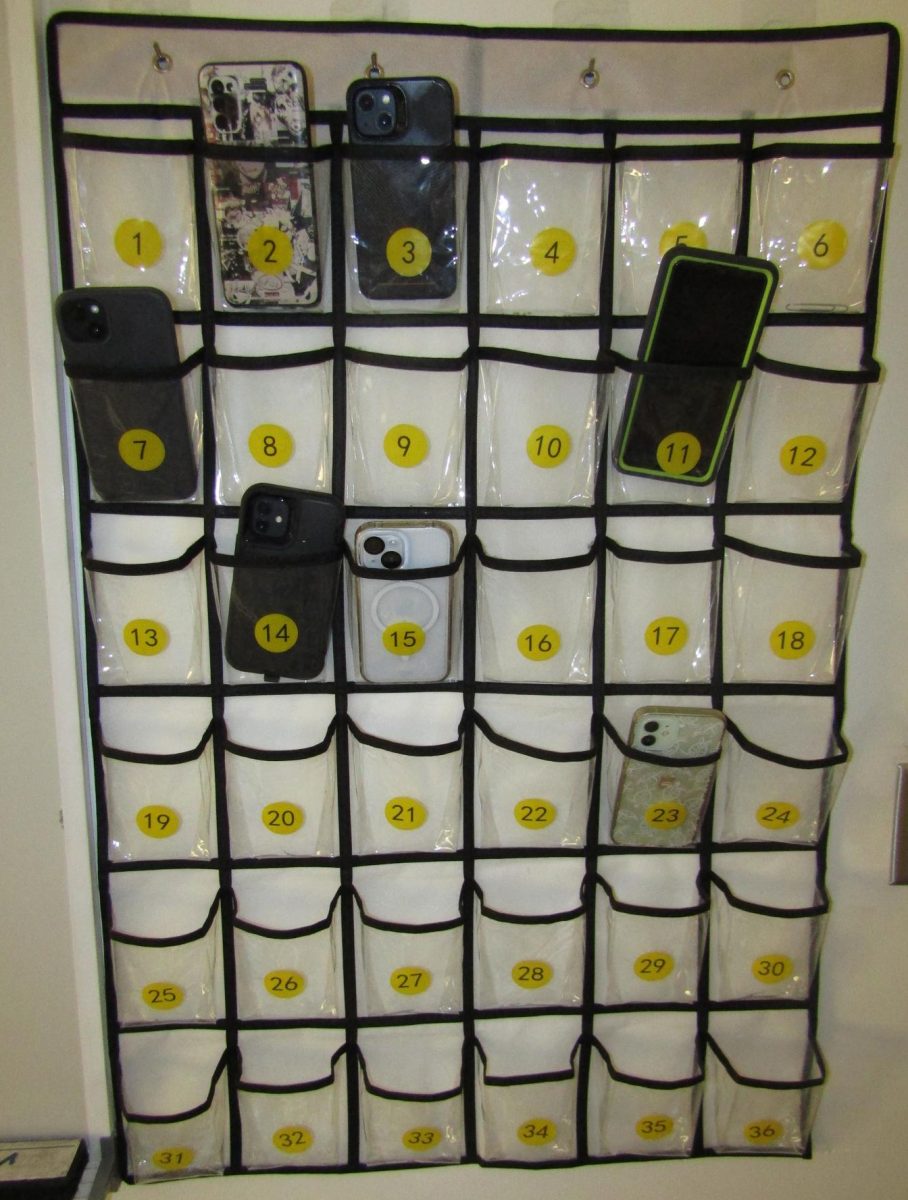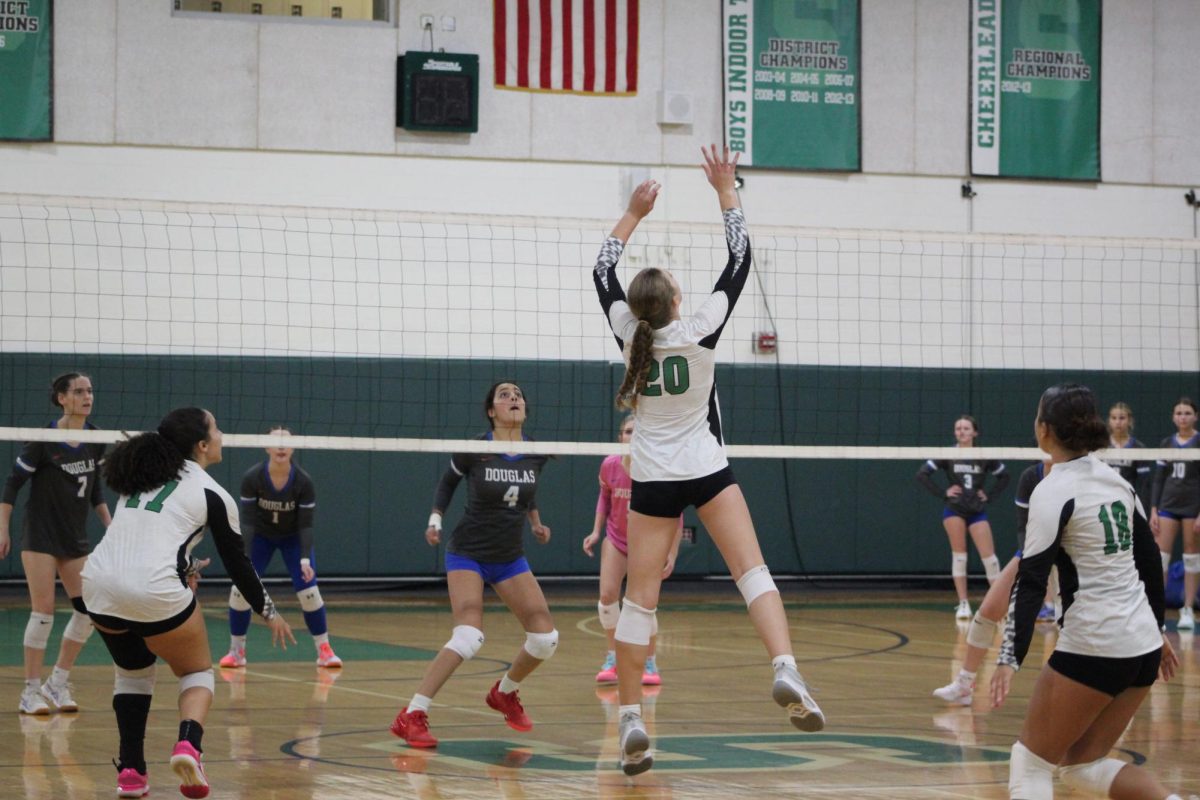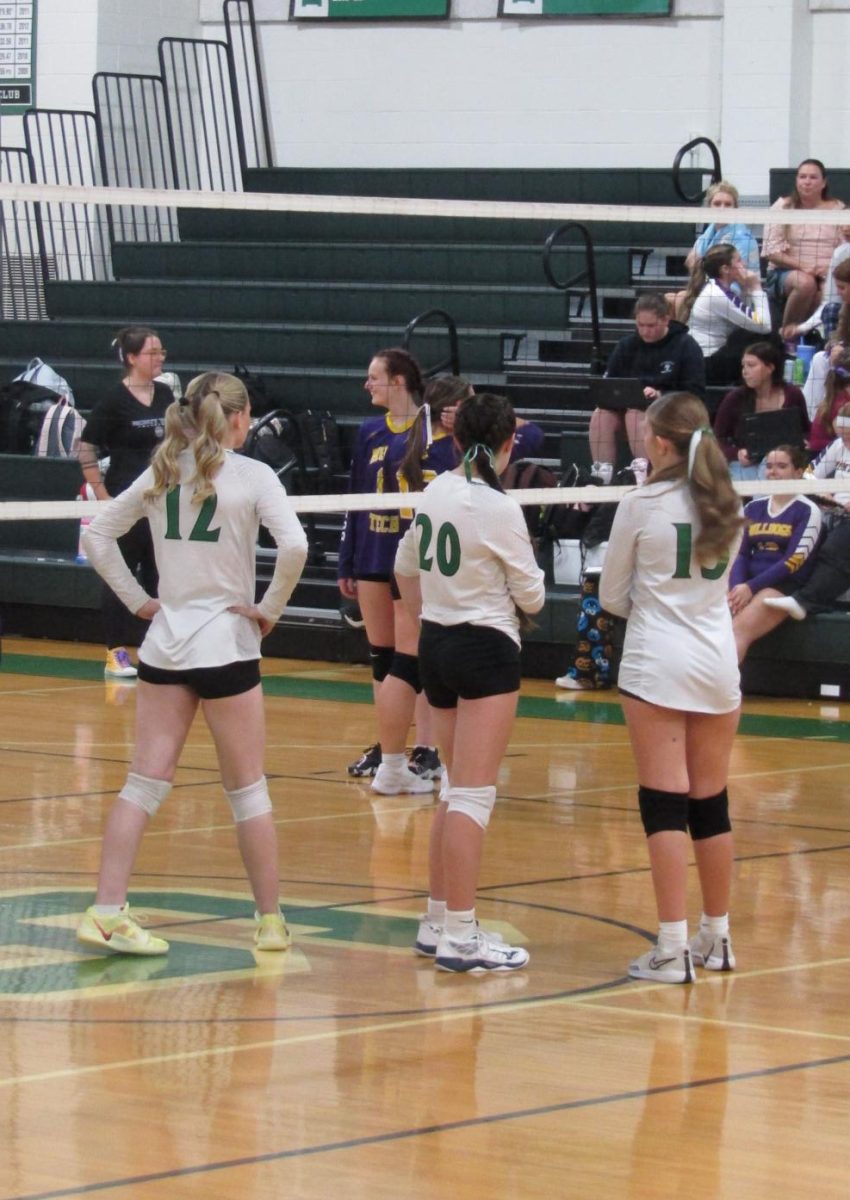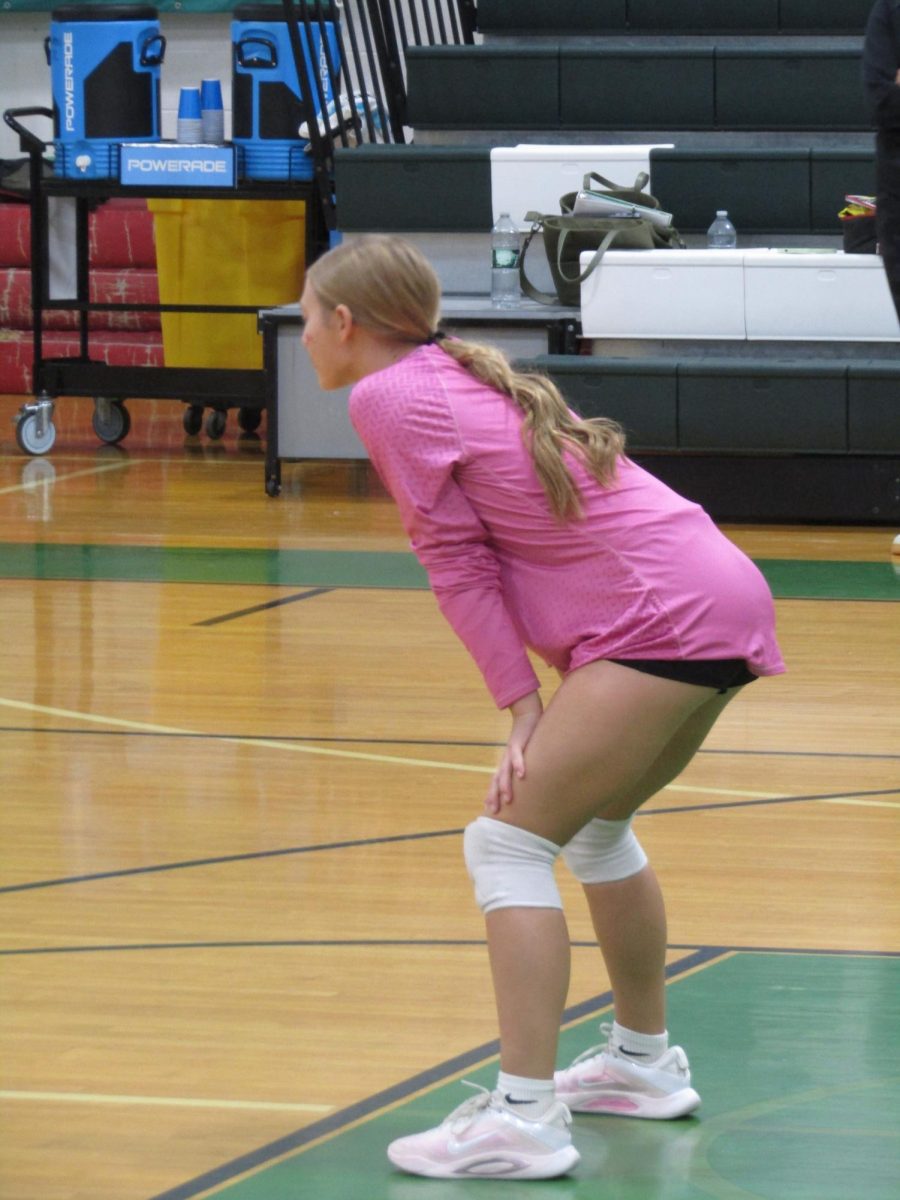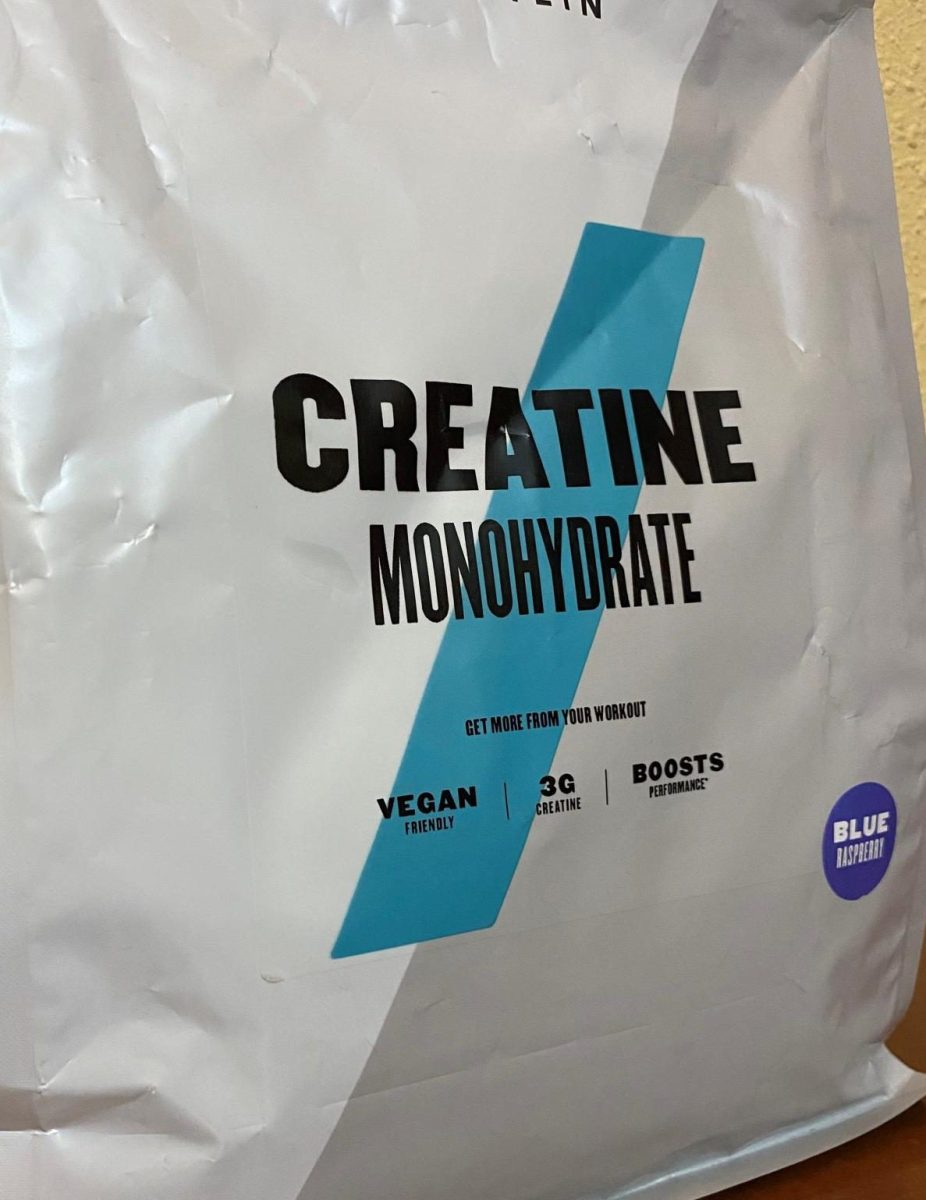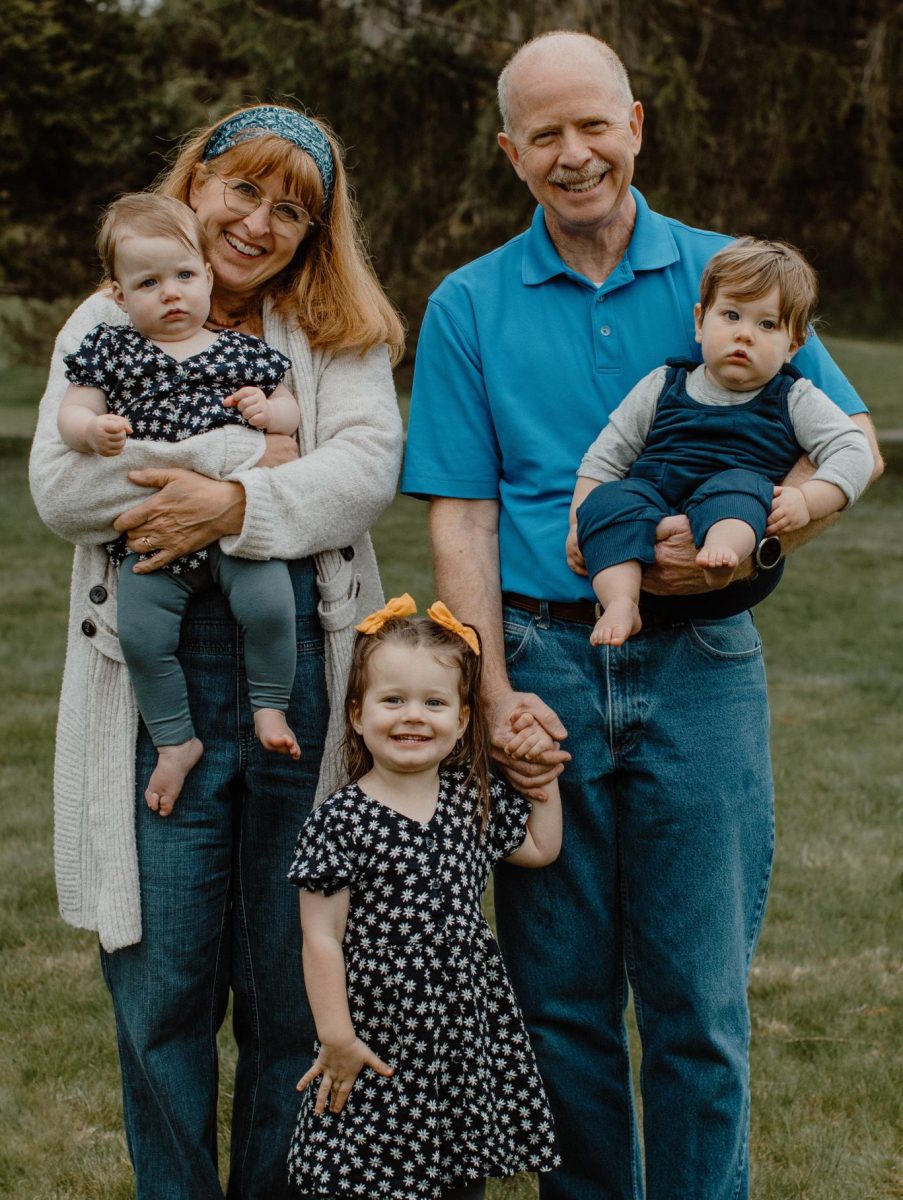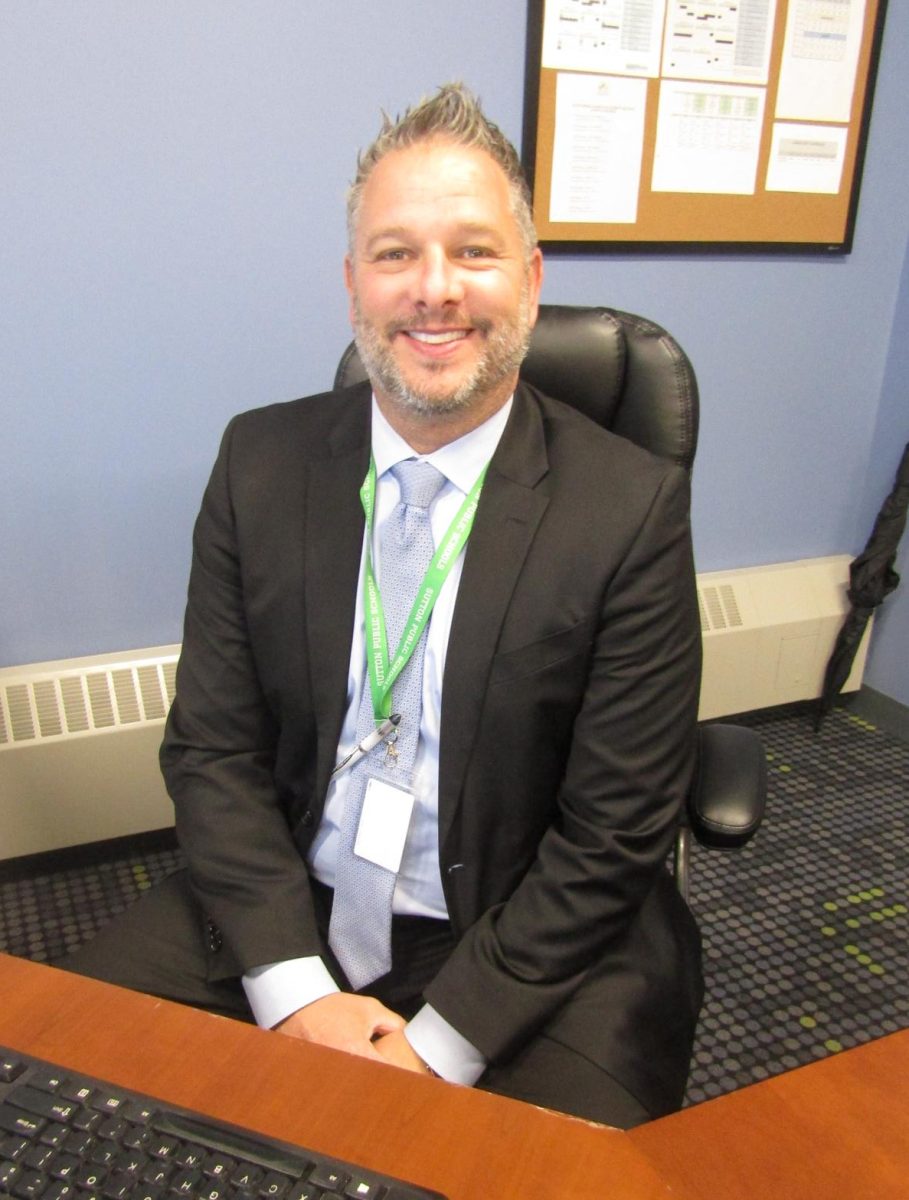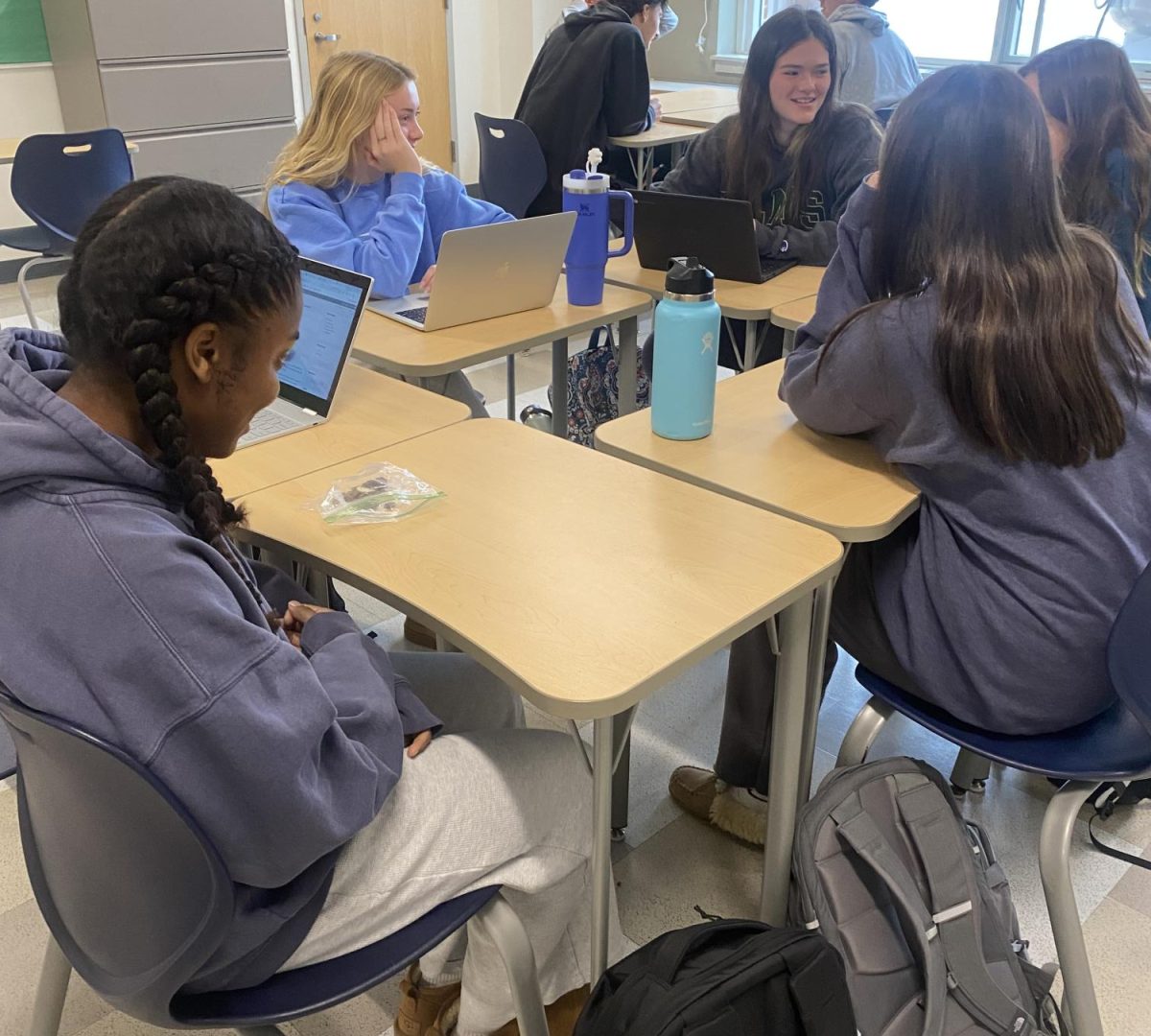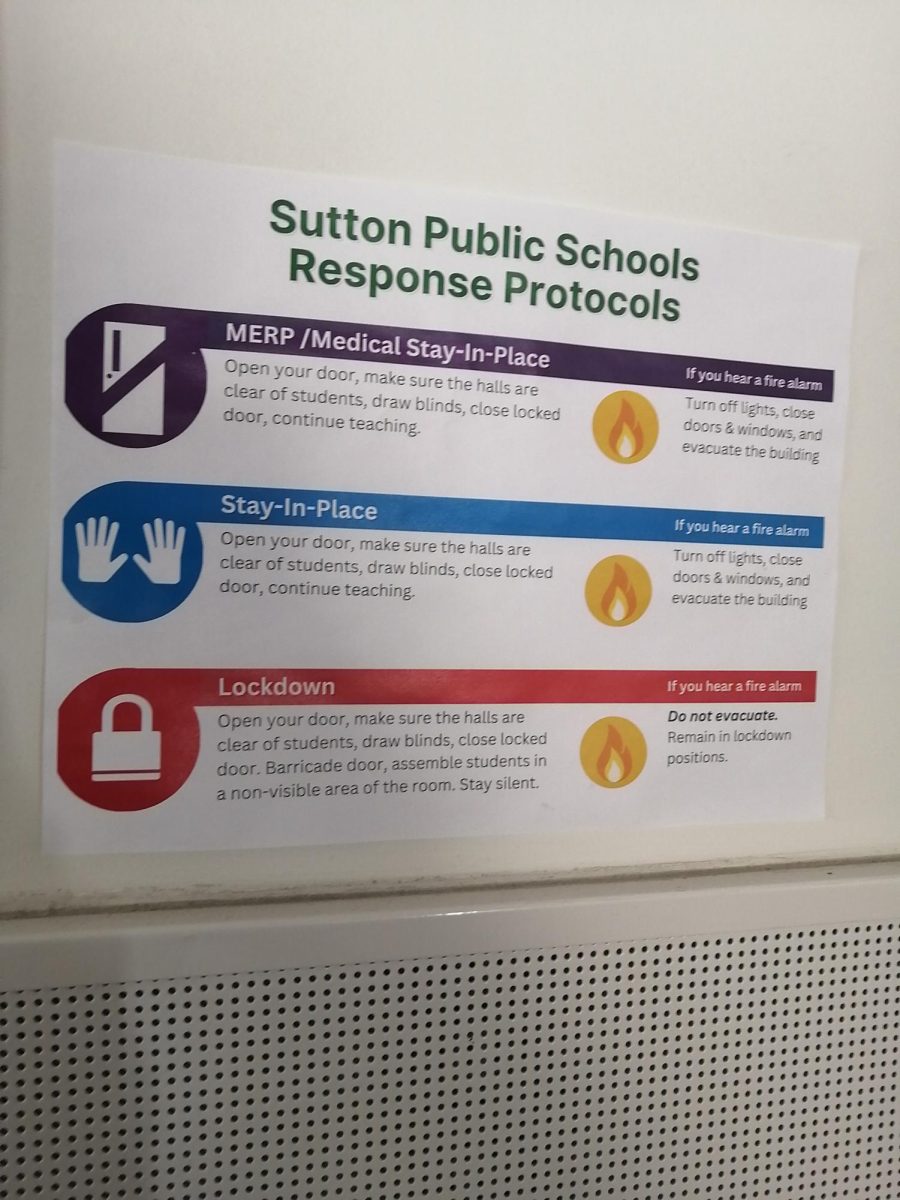SuttonHighNews conducted an interview with each candidate running for the School Committee. Our goal is to provide a more comprehensive look at each candidate so voters can make an informed decision.
SuttonHighNews is not endorsing any candidate. The interviews are being released in a random order with no intent to give anyone more or less time.
All candidates were given the questions in advance and asked to respond in less than two minutes per question. We asked the same questions, in the same order, to each candidate.
1. What is your name, how long have you lived in Sutton, and how many children do you have in or have had in the Sutton Public Schools (how long were they there)?
My name is Paul Brennan. I’ve lived in Sutton since 1996. We moved here because we thought this was the best school system for our daughters (graduated in 2009 and 2012). We are very happy we made this decision.
2. What are the best features of the Sutton Public Schools?
First and foremost I think it’s community. The last few months, sometimes we may seem divided, but if you look over time, the town has been very supportive of education. They make it a priority. I think the school is a big part of Sutton itself. The culture of the school system, not one particular grade, but the entire system K-12, how much individuals care for each other, and work through issues together. I get into things like stability of staff and administration. We stay stable and that allows us to think about programs and how you get them to stick. We have superintendents that stay for eight years or more, teachers that work 20 and more, and then we get into a big one–the physical buildings themselves. Having one campus–people can lose sight about how that impacts the culture and how the grades get to interact. Then, there is the diversity of offerings and more.
3. What is the most crucial issue facing public education?
That goes right into curriculum and teaching models and that’s really going to show up more and more as we move through this. Here in Massachusetts in the 1800s we had Horace Mann who helped develop how you teach kids, how you teach teachers, how the whole system works. And then we don’t change it very much. Well, kids and the school environment have changed since the 1800s. We have teachers who have to provide specialized education, specialized plans for more and more IEPs and 504s. We have to take an old system and modify it to work with kids in an environment that’s changed, and specialized for people who have specialized needs. Then the curriculum that has been developed charges crazy amounts of money. And it’s developed to go across the entire country. Who figures out how you customize curriculum for our specific system? I think that’s an issue that’s facing us in a big way.
4. How can we properly fund education without dramatically raising taxes?
With little steps. With finding ways to be more efficient. When you go back to the previous question, we really have to talk about how you do curriculum better. Cost has to be part of that discussion. We look at the model and say, does that work properly for us or do we have to reconsider? When you say funding not raising it, what is it for, and how does that factor in?
We go back to the state. Sutton’s a great town. Sutton is also considered an affluent town. The 1993 model awards state funding and distributes who gets how much–they don’t fund Sutton as much as it needs, and that gets tough. I think part of what you do is not raising taxes locally, but looking at how a state distributes funds.
Then, then look at the tax base of the town. How do you bring in more businesses? How do you increase the tax base here as you grow? You haven’t raised local taxes, but you have a larger base of people paying taxes. All those things matter.
5. What do you want to see happen in Sutton Public Schools over the next two years?
I think there are a bunch of things we’re learning from this past year. Things that we need to improve, and right up front is the budget process this last year. We need to refresh that. We need to provide more time for the committee to debate when there are limited funds. There are difficult choices to make. I think there has to be enough time for the committee to debate it, to put it out in public meetings so that there’s time for people to react. I don’t know that we did as good a job this past year as we needed to in terms of getting input from everybody who’s affected. Going straight to administrators, giving more time for parents to come in. So, this next year, we’ve got to talk about how do we refresh that.
We’ve got an administration that we need to stabilize. I really hope that the superintendent gets healthy and gets back just as quickly as possible. In the meantime, it has been great that Caitlyn stepped up (editor’s note–Caitlyn Paget is the K-5 Principal and is currently also serving as the interim superintendent), but she’s got a full time job, and being superintendent’s a full time job. We really need to look at how we stabilize the administration.
We have to figure out how to deal with frameworks and curriculum and getting people to understand what we’re doing, and agree, and support, and then fund it. The relationship with the town I think has to get better. We’ve seen that. I continue to believe we really need to find a way to be able to communicate all the great things that the district is doing, as well as have a metric that says, here are the things that we need to focus on.
6. How much input should parents have into the classroom curriculum? What should happen when state requirements conflict with parental concerns?
I think it’s going to be a hot topic for a little while here. It seems to me that more than any other profession we have people who think, “I’m going to tell you how to teach. I’m going to tell you what’s right.” And they maybe aren’t professionals in the field, but because they pay your taxes, they want to tell you how to do this. I think we’ve got to develop trust so that parents can give input, but they can also get to a spot where they trust the experts to put together the right curriculum. That may not be the popular thought process, but I think that’s sort of the start of it. It’s not lost on me that parents are the biggest student advocates, are more concerned about the health and well-being of their children than anyone else. And so saying anything like step back and let the professionals take care of it is an ask.
So, that out of the way, traditionally there are subcommittees, committees, councils, district leadership teams, all sorts of ways to bring parent feedback in. Then when we get into new curriculums and teaching, parents need to feel comfortable going to the district, going to the administrators, to whomever they need to talk to so their ideas and thoughts are heard. Then the school committee has to figure out how to sort out two diametrically opposed opinions on where what curriculum should be. You have to make a choice and you have to follow the law. So that’s the committee’s role. That also means the parents have to not just talk to the district about the curriculum and how we’re going to teach the frameworks, but the parents have to talk to the state about what the framework should include. And if they don’t like the frameworks, they need to be part of that debate also because, by law, schools have to meet the frameworks.
7. What made you decide to either run and seek re-election?
I think the next couple of years are going to be tough. I think this year was sort of the tip of the iceberg. Next year’s budget is balanced using up school choice funds. We have revolving accounts. We have funds that provide for the emergencies that take place. We used all of that up in order to balance next year’s budget. So while we’re spending down next year’s budget, we’ll be planning the following year’s. Except we just used up all that money. So if you think about next year, we’re okay, but while we’re planning the following year, we’re going to have to figure out how to make that work. That’s going to be tough. Figuring out how to make the administration work and getting back to a level of trust with the town is going to be tough. I think that’s a good time to keep some folks on who have some experience, and I’ve got that. I’m not done. I’ve still got energy. I’m committed to the district. That’s why I’m seeking reelection.
8. What are your primary credentials that make you an excellent candidate?
It is the experience. It’s 26 years on the board with four different superintendents and 20 plus other committee members that I’ve worked with. I think that’s not bad. Two new buildings, two or three town administrators in that time. I attend training not every year, but quite a bit of training, well above what the state mandates. I go to workshops on teaching and running systems. I think that’s a big piece of it. It’s how you learn and understand what the role of the committee is, how you act well with all the people involved.
9. If elected/re-elected, how will you work to find common ground with your fellow school committee members?
It goes back to trust with the whole town, with some of the things that have come up. I think of something Thomas Jefferson said: “Every difference of opinion is not a difference of principle.” I think you have to keep that in mind, and it has to be your mindset as you work. Folks don’t volunteer to be on the committee to purposely hurt, harm, degrade the system. We have differences in opinion, but we have a common goal. I try hard to work within the structure of the committee. You are one of five voices, one of five votes, and you work within the committee structure and rules of order. You pay attention to the others, respect differences, and that’s the baseline. If you do that, you then stand up for what you think is right and still respect others.
10. What specific message would you like to share with the voters?
Thank you. I’ve doing this for a long time, and it’s been an honor. 26 years of two Mondays a month and other events. You don’t do that without being really invested in the district. It has been an honor, and I hope that I’m not done. Thanks, and vote on May 28th.
Story continues below advertisement




